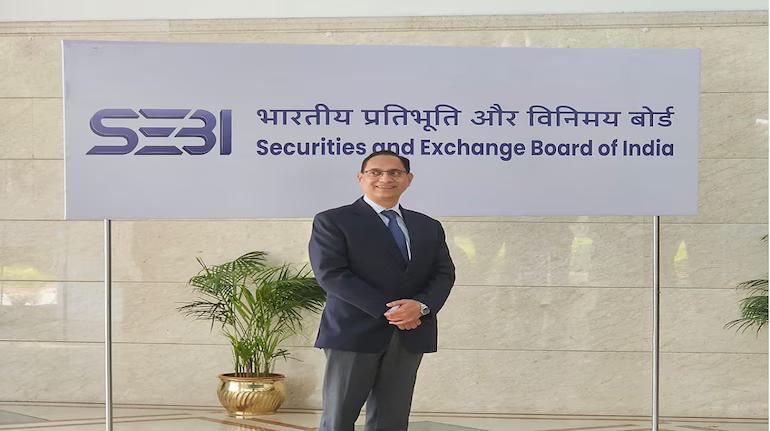
SEBI Creates Committee for Review of Conflict of Interest Norms
The Securities and Exchange Board of India (SEBI), the country’s market regulator, has recently announced the formation of a committee to review its conflict of interest norms. The decision was made by new Chairman Tuhin Kanta Pandey, who stated that the committee is necessary to update the conflict of interest code for members of the board, which was first adopted in 2008.
In an interview with Moneycontrol, Pandey explained that the review is essential to ensure that SEBI’s conflict of interest norms are in line with the current market dynamics and regulatory requirements. He noted that the code was adopted over a decade ago, and there have been significant changes in the market and regulatory landscape since then.
The move comes after SEBI’s former Chairperson, Madhabi Puri Buch, faced allegations of conflict of interest. Buch was accused of having a conflict of interest due to her previous association with a company that was regulated by SEBI. The allegations led to widespread criticism and calls for reforms to prevent similar situations in the future.
The formation of the committee is a significant step towards strengthening SEBI’s conflict of interest norms and building trust in the market. The committee will be responsible for reviewing the existing code and making recommendations for updates and improvements.
The need for a review of SEBI’s conflict of interest norms is evident. The code, which was adopted in 2008, is no longer adequate to address the complex and dynamic nature of the financial markets. The committee will need to consider various factors, including changes in market regulations, new technologies, and shifting investor expectations.
One of the key challenges facing the committee will be to strike a balance between ensuring that SEBI’s regulators are able to perform their duties effectively and preventing conflicts of interest. The committee will need to consider the potential conflicts of interest that may arise from various sources, including relationships with other companies, personal investments, and other business interests.
The committee’s review will also need to consider the role of SEBI’s regulators in the financial markets. Regulators play a critical role in maintaining the stability and integrity of the financial markets, and it is essential that they are able to perform their duties without bias or conflict of interest.
The formation of the committee is also a response to the growing need for transparency and accountability in the financial markets. Investors are increasingly demanding more transparency and accountability from regulators and companies, and SEBI’s conflict of interest norms must be able to meet these demands.
In conclusion, the formation of the committee to review SEBI’s conflict of interest norms is a significant step towards strengthening the market regulator’s norms and building trust in the market. The committee’s review will be critical in ensuring that SEBI’s regulators are able to perform their duties effectively and without conflict of interest.





